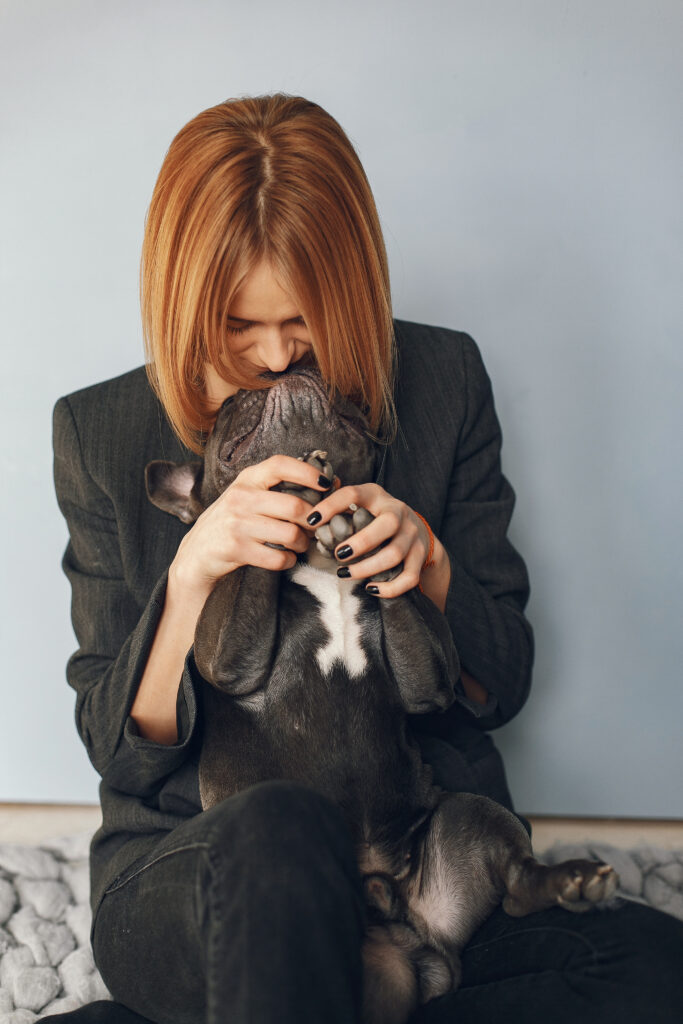Sex is a fundamental aspect of human life, playing a significant role in our relationships, self-esteem, and overall well-being. Despite its importance, many people find it challenging to discuss sexual matters openly and honestly. This difficulty in communication can stem from various factors, including cultural taboos, personal embarrassment, or a lack of accurate information about sexual health. If you relate to any of this, sex therapy may help you.
Many individuals experience sexual problems or concerns at some point in their lives. These issues can range from physical difficulties like erectile dysfunction or pain during intercourse to psychological challenges such as low libido or performance anxiety. However, the sensitive nature of these topics often leads people to feel too shy, ashamed, or embarrassed to seek help.
This reluctance to discuss sexual issues or seek assistance can have far-reaching consequences. It may lead to prolonged sexual dissatisfaction, relationship strain, or even untreated medical conditions. By fostering a more open and accepting attitude towards sexual health discussions, we can encourage people to seek the help they need and improve overall sexual well-being.

What is Sex Therapy?
Sex therapy is a special kind of talk therapy. It focuses on helping people with sexual concerns.
Who Needs Sex Therapy?
Sex therapy isn’t just for people with big sex problems. You might think about sex therapy if you:
- Don’t feel like having sex much
- Have trouble reaching orgasm
- Can’t get or keep an erection
- Feel pain during sex
- Don’t like how your body looks
- Had a bad sexual experience in the past
- Want to understand your sexual identity better
- Have trouble being close with your partner
How Does Sex Therapy Work?
With your sex therapist, you can chat about your sexual concerns, sex history and what you want to change. Then, they help you make a plan to reach your goals.
Sex therapy might include:
- Learning about how your body works
- Practicing how to talk better with your partner
- Learning to relax and focus on your body
- Changing negative thoughts about sex
- Trying new things at home between sessions
- Resolving sexual trauma
Breaking Down Shame
Many people don’t learn much about sex growing up. This can lead to wrong ideas. Sex therapy gives you a safe place to learn the facts and explore your feelings about sex.
For couples, sex therapy can really help you talk about sex. Many relationship problems come from not being able to talk about sex openly. This type of therapy can teach you how to have these talks, which can make your relationship stronger.
Dealing with Body and Mind Issues
Sex therapy doesn’t just look at physical problems. It also helps with emotional issues that affect your sex life. These could be stress, worry, sadness, or past bad experiences. Working on these can help you feel better about sex overall. Whether you’re young and just starting to explore sex, a new parent dealing with changes, or older and facing new challenges, this type of therapy can help.
Working Through Sexual Concerns
If you have specific sexual concerns, sex therapy can be a big help. Whether it’s trouble getting aroused, having an orgasm, or pain during sex, a sex therapist can help you understand why and find ways to make it better. It is also a safe place to explore questions about your sexual identity. A therapist can help you understand your feelings and support you in being true to yourself.
Sex and Your Overall Health
It’s important to know that your sex life affects your overall health. Problems with sex can impact your mental health, how you feel about yourself, and your relationships. By working on these in therapy, you’re taking care of your whole self.
Finding a Sex Therapist
Sex therapy can help you have a better sex life. It teaches you, breaks down barriers, and deals with both body and mind issues. This can help you feel more confident and happy about sex. At Therapy for Women Center, we have a number of therapists who specialize in sex therapy. We would be honored to help!






